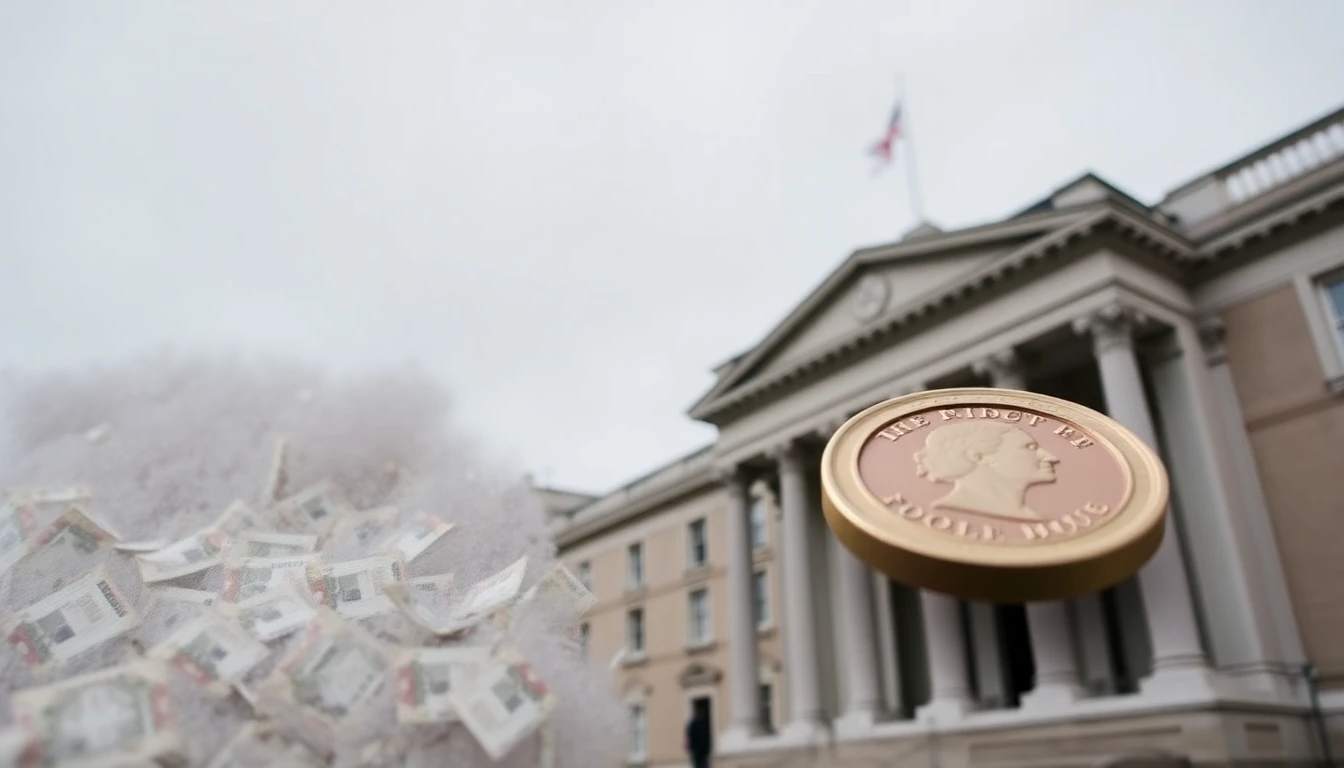
The British pound slumped to a two-week low in international currency markets after Andrew Bailey, Governor of the Bank of England, hinted that the central bank was ready for further cuts in interest rates to help deal with the continuous slowdown the UK economy has been facing.
In his remarks, Bailey cited global economic volatility, the combination of slowing growth and sustained inflationary pressures, as the most essential factor in their monetary policy decision-making. Such remarks led investors to speculate that the bank may soften its stance enough to accommodate economic activities, hence the slump of the pound's value.
The fact that the rates can be cut suggests a serious turn in the policy of the Bank of England, given its previous efforts to contain inflation with higher interest rates. Analysts are keenly observing the bank's forthcoming strategies in balancing inflation control with support for economic growth.
Analysts said the latest fall reflected markets' unease over future economic prospects for Britain, and the prospect of interest rate cuts that would also reduce the relative attractiveness of the currency to investors. The result of such speculation was amply reflected during trading when it tumbled to $1.20, its lowest since mid-September.
But more than that, Bailey's discussion of global economic uncertainties came with mixed signals from the UK economy, with recent data indicating stronger-than-expected retail sales while manufacturing outputs were weaker. Such mixed economic indicators have only whipped up further anticipation over what the Bank of England will do next.
It is now a keenly awaited event, as market participants sniff around for any more hints about the line of monetary policy that may be discussed at its next sitting by the Bank of England. Analysts expect that an indication of cuts in rates could lead to further depreciation of the pound and affect worldwide trade and investment decisions.
Investors and economists alike are keeping their fingers crossed on the situation, with a full understanding of the wide general implications that the rate decisions carry along into both domestic and international economic environments. The sustained speculative discussion on the possibility of rate cuts puts the Bank of England in a tight corner to perform the balancing act in the management of economic expectations versus realities with much finesse.
With the British economy at this juncture, eyes are yet to be blinked off the central bank and its upcoming policy moves, as all stakeholders across sectors gear up for any market fluctuation.
#PoundSterling #BankOfEngland #InterestRates #RateCuts #Economy #CurrencyMarket #AndrewBailey #MonetaryPolicy #UKFinance #EconomicOutlook
Author: Rachel Greene
